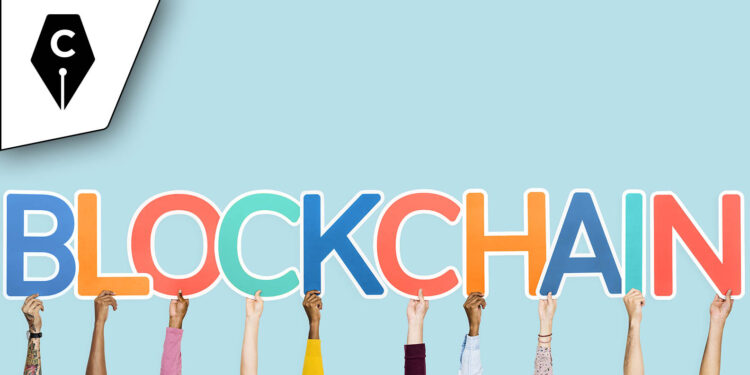In my last post on decentralization, I talked about how the early internet was decentralized but slowly morphed into the centralized web we have today. I also shared that I don’t think decentralization will cure all the ills of the modern internet. In fact, it might make some of them worse. Today, I’d like to discuss why I think social media is ready for decentralization.
The Supply Side of the Internet
The internet we know today looks the way it does because developers, builders, and creators developed, built, created, and attracted users to their privately-owned domains. The result has been a steady tilt toward centralization causing the web to look a lot like the real world. In finance, for instance, the money supply is dictated by one large central bank, which dictates the monetary policy for all the other banks and financial institutions. America, however, did not start with a central bank. It started as a group of colonies decentralized under one national umbrella with a Constitution that defined the limited powers of that national government. Over time, the country has incrementally migrated toward centralization.
No one clamored for Facebook. In 1998, there wasn’t a group of internet citizens banging down doors for a better search engine. They were happy with what they had. Supply-side economics. Ronald Reagan would be proud.
Ironically, when Reagan campaigned to be America’s president, he ran on the basis of his supply-side economics policy. His Republican opponent George H.W. Bush called it “voodoo economics.” Why would he call it that? Isn’t supply-side economics the essence of free markets? You make a product, you sell it. That’s capitalism. The economic philosophy America was built upon, right?
That’s an oversimplification that some people would have us believe. It’s true that no one asked for a gas-powered automobile before Karl Benz presented the Motorwagen. But maybe there were a lot of people asking for a faster mode of transportation. A gas-powered vehicle with an internal combustion engine proved to outmaneuver horse-drawn carriages in the long run. The point is, if we rely solely on one side of the supply-demand equation, our economic system would collapse. Who wants to live in a world full of creators making things no one wants or needs?
Innovation always relies on consumers ready and willing to accept what producers and creators make. If you create it and no one wants it, it has no more value than if you hadn’t created it at all.
But imagine what would happen if the entire driving population of North America started asking automobile manufacturers for a mode of transportation that was more efficient, more practical, safer, and faster than the modern automobile. How many automakers would start experimenting with alternatives? In a way, that’s already happened. That’s why we have electric and hybrid automobiles. What’s standing in the way of market dynamics in the automotive industry is government regulation and protectionism, a philosophy that is a byproduct of centralization.
The Future of the Web Is Decentralization
There have been thousands of people asking for a better, more decentralized internet. Among the list are World Wide Web creator Tim Berners-Lee, Twitter CEO and founder Jack Dorsey, Mozilla Co-founder and Brave Browser CEO Brendan Eich, and thousands of blockchain developers around the world.
Again, I’ll reiterate that decentralization will not solve all the problems of a centralized web. Facebook has had many issues (data breaches, censorship, competitive spying, and more). Twitter has been the center of its own controversies, and YouTube too. Not only do these platforms posture as top-down institutions, but they also facilitate third-party abuses such as doxxing, fake news dissemination, fake accounts, and cyberbullying. With decentralized social media, these problems can be mitigated with power and control in the hands of the user rather than in the platform.
Like the beginnings of the internet, the future of the web is decentralization. The time is ripe for decentralized social media, but is there a will? Is it practical? Could it survive?
Those are other questions entirely and deserving of their own treatment. Meanwhile, those interested in a decentralized internet should keep pressing onward and encourage each other to do so.
DISCLAIMER
This post is published for Cryptowriter in association with Voice.
If you enjoyed this content feel free to use our ️EXCLUSIVE SIGN UP PAGE o skip the queue and gain full access to our Cryptowriter community.
Follow Our Socials – Twitter– Telegram– Instagram
Follow Me
➡ Cryptocracy Newsletter: https://cryptocracy.substack.com/
➡ Cryptocracy on Twitter: https://twitter.com/Cryptocracy3
➡ Allen Taylor Twitter: https://twitter.com/allen_taylor
➡ Taylored Content: https://tayloredcontent.com
➡ Cryptobloggers: https://cryptobloggers.us
This post was first published at Voice.
